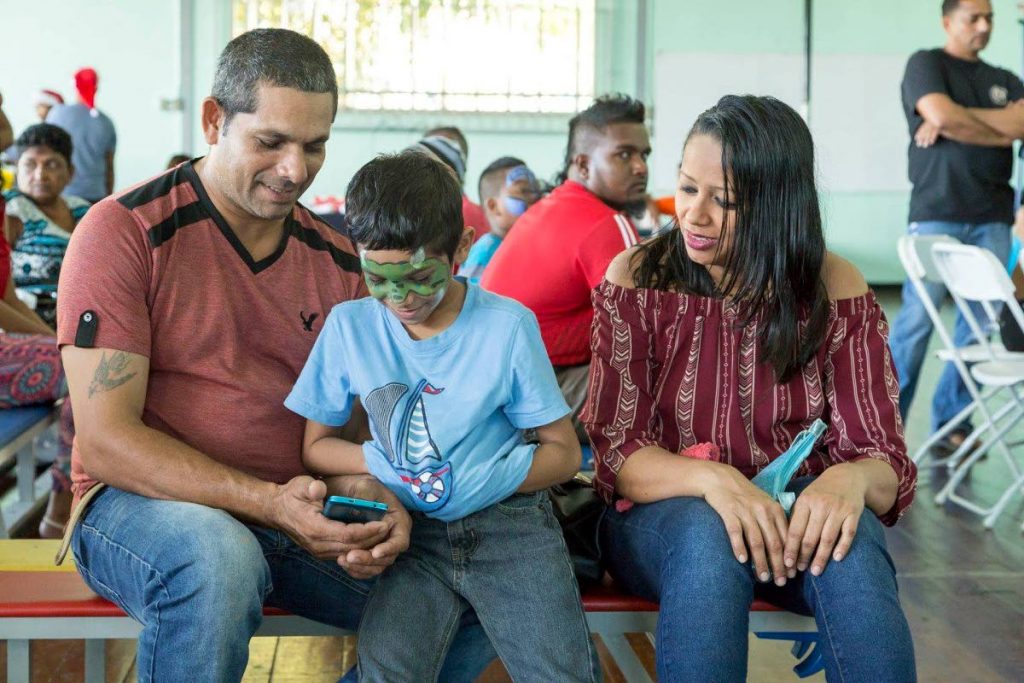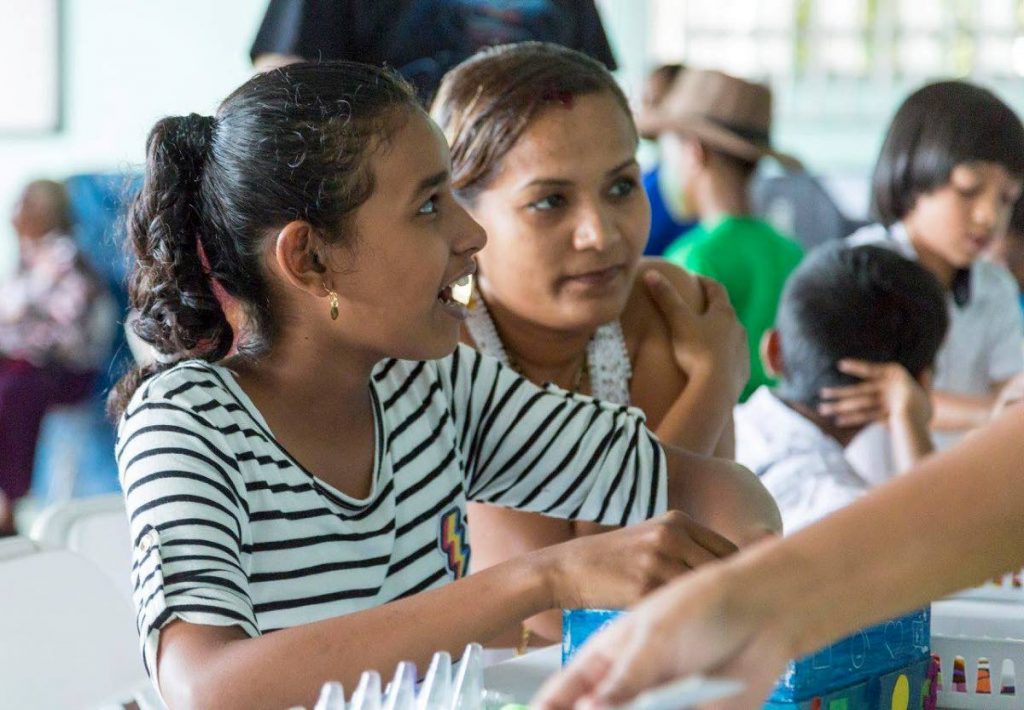Explaining covid19 to a child with autism

DR RADICA MAHASE
Sebastian is a ten years old boy with autism. He attends a private school for special needs children. Last week his school decided it needed to educate students about covid19, and brought in a parent who is a doctor to talk to the children about precautions.
Sebastian went home scared and told his mummy, “A man said that there is a virus and plenty people dying and if we don’t wash our hands we can die too.”
His mother understood that whatever the doctor said was interpreted in a specific way because of how her son thinks. She knew that his mind would focus on certain things that were said and that’s what he would report back to her. Sometimes it’s difficult to explain things like viruses and other health issues to children with autism. Many of them process information differently and many of them are visual learners so it is important to explain things to them at a level and in a manner that they will understand.
Here are some basic points that will help you explain covid19 to an individual with autism:
●Get the facts for yourself on the real risk to you and your family. In TT, at the time this article was written, there was one confirmed case. Explain this to your child in a very calm manner. Let your child know that the number of cases is very low and while more cases may emerge, it doesn’t mean he/she will get it.
●Ask what your child already knows about covid19. You might be surprised what your child has heard about it on television, etc. Even if your child is low-functioning, don’t assume that he or she knows nothing. Start the conversation by asking what he/she knows. If your child doesn’t know anything then you can start from scratch, if he/she knows something you can use that as the basis of your discussion.
●Listen to your child and let him or her express how he or she feels. Do not minimise your child’s emotions. As a parent/caregiver it is important to be understanding and supportive. If your child is scared and thinks everyone is going to die, don’t laugh or joke about it. Simply reassure your child and explain the situation.

● Calmly and briefly explain the facts to your child. Do not lie to your child, but do not give him or her more information than he or she is prepared to hear or needs in order to understand. Speak to your child at the level that he/she will understand. If a verbal explanation is not working then use pictures, videos and animations to help your child understand.
● Be practical. If you are trying to explain what your child can do to protect themselves then show or demonstrate this. For example, instead of telling your child that he/she need to wash his/her hands, actually go to the sink and wash your hands together or help them to wash their hands so they will understand exactly what you mean.
● Make sure that your child is not unnecessarily stressed by the information. If your child is attending school and the other children speak about what they have heard on television, etc., your child might become overwhelmed. Check in with them in a positive way. For example you can say something like, “I have heard that there are ten more cases in that country but those people are getting the care they need and they will get better.”
●Keep routines and schedules the same unless there is an urgent need to make changes. While it might be important for you to run to the supermarket and stock up on essentials, this might scare your child. You can either explain the situation and if the child understands what’s happening you can take him/her along with you. If on the other hand your child doesn’t understand then it’s not necessary for them to know about certain activities, especially those that might make them scared or panicky.
Ultimately, if you know your child will not understand and you don’t want to speak to your child about covid19, the most important thing is to protect them in whatever ways possible.
Dr Radica Mahase is the founder/director, Support Autism T&T
Dr Michael A Ellis, author of Caring for Autism: Practical Advice from a Parent and Physician,


Comments
"Explaining covid19 to a child with autism"